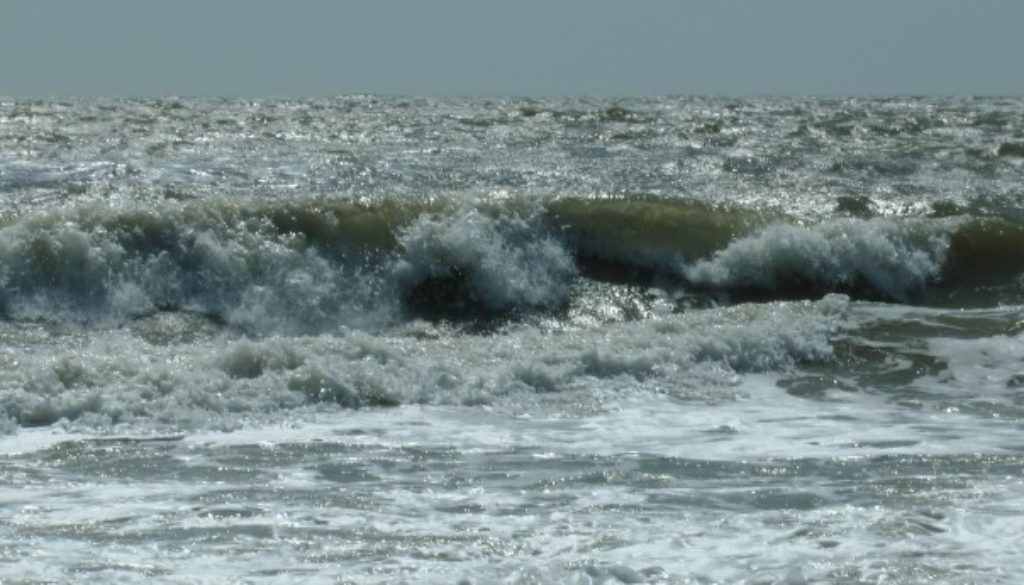Ocean Conservation Is Still Significantly at Risk Despite Backtrack on NOAA Mission Change
By Andrew Rosenberg, Union of Concerned Scientists
Last week, following press attention to a presentation by the Acting Administrator of the National Oceanic and Atmospheric Administration’s (NOAA) on new directions for the agency, Adm. Tim Gallaudet quickly backtracked and stated that the mission would not fundamentally change.
That’s a good thing, but there are other signals coming out of the Trump Administration that point to a real change in priorities at NOAA and other agencies. Some of those I pointed out earlier this week. Here I want to turn to some of the specific priorities the Admiral discussed in his presentation. One of the highlighted strategic priorities related to reducing our trade deficit in seafood. The President has spoken of trade deficits as if the US is losing money if we have a deficit, but most economists don’t see it that way. With regard to seafood, the US imports about 90% of the seafood we consume. That means we have a substantial trade deficit in seafood. On the other hand, American businesses from retailers to restaurants make a lot of money from seafood products, well beyond the imported value. They are able to market a much wider range of products and at a range of prices for a food source that generally contributes to a healthy diet. And, the production of US seafood products has made huge strides toward sustainability. That progress was hard fought, and hard won for the industry and government acting in the public interest.
So what are the priorities for the Trump Administration? Here is the slide the Admiral presented. As someone who has spent much of my career in ocean science and fisheries management several things jump out at me.

The first is “Permit Fishing in Marine Monuments” within 90 days. That will do absolutely nothing to address the seafood trade deficit, because literally it will allow access for 11 boats across the two monuments, but it will substantially undermine conservation because those few boats can do a lot of damage to fragile reefs and seamounts. And will send a broad, negative, signal to the US and the rest of the world that the US is backing away from protecting marine ecosystems particularly in offshore areas. And that will happen just at the time when the rest of the world is beginning to finally negotiate a new agreement for the conservation of the high seas.
Secondly, and no less important, the slide says that NOAA will reach 50 deregulatory actions in the next 30 days. Since virtually all of the regulatory work of NOAA is on fisheries, marine mammals and endangered species, this says to me that the agency will be in rapid retreat on actions that are conserving marine ecosystems. I was formerly the Deputy Director of NOAA Fisheries. I know for a fact that there is not some large number of useless regulations just lying around. I also know that the only way for fishing businesses and communities to be successful is if overfishing is ended and the ocean is healthy. So deregulation means we will stop protecting marine resources. Greater exploitation will result, and less sustainable oceans. There really isn’t another way to interpret this.
Then there are some truly puzzling items on the list, such as “Propose Vessel Financing Rule”. If that means reducing subsidies for fishing capacity, that’s good. If it means re-introducing federal financing, tax breaks and loan guarantees for new fishing vessels it is exactly the wrong way to go. The taxpayers have spent millions to reduce fishing capacity in an effort to end overfishing and recover depleted stocks. I sincerely hope we are not going to reverse that direction now.
And then, there are several potentially concerning points related to expanding marine fish farming or aquaculture. Release a plan, host a summit, provide grants. All of that seems OK, but the goal on subsequent slides is to increase aquaculture production three-fold in ten years. On its face that may be OK, but it depends on how, where and when. It doesn’t say. Aquaculture may be a good way to produce more seafood, but requires large inputs of wild caught fish to feed the farmed fish—and that fish meal is largely imported. And it requires for various forms of cage culture, exclusive use of ocean space. That creates its own challenges in resolving competing uses, because the US ocean is a busy place with lots of different users. And finally, it requires strict care to ensure that issues of contamination of wild stocks, disease, waste, chemical use and other issues are dealt with up front to ensure sustainability. As with all animal culture there are challenges. Is NOAA going to address those? In just 180 days?
There are other priorities that seem to suggest that NOAA will reduce protections for endangered species (“ESA streamlining rule”) and protections for marine mammals in the Gulf of Mexico (“Marine Mammal Protection Rule for Gulf Energy Development”) that also worry me greatly.
Ocean conservation, like democracy, cannot be taken for granted, you have to work at it. We need to watch how things develop at NOAA very closely and be ready to raise our voices again if the conservation part of the NOAA mission gets short shrift. Congress needs to demand answers to the real direction for NOAA programs and how the money they have appropriated is being spent. Scientists need to scrutinize the proposals and how well they are supported by scientific evidence. And concerned people everywhere should be continuing to speak out, in their communities and to their elected officials as well as NOAA regional officials about the need to safeguard the public interest. That’s NOAA’s job.

